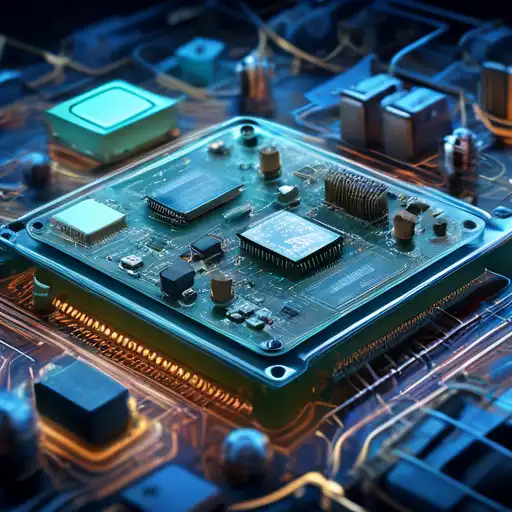The Hidden Power of Embedded Systems in Modern Smart Devices
Embedded systems are the cornerstone of today's smart devices, acting as the brains behind their functionality. From smartphones to smart refrigerators, these systems ensure that devices operate efficiently and intelligently. This article delves into the world of embedded systems, exploring their role, importance, and future in the realm of smart technology.
What Are Embedded Systems?
An embedded system is a dedicated computer system designed for specific control functions within a larger system. It is embedded as part of a complete device often including hardware and mechanical parts. Unlike general-purpose computers, which are designed to handle a wide range of tasks, embedded systems are optimized for their specific tasks, leading to increased efficiency and reliability.
The Role of Embedded Systems in Smart Devices
Smart devices rely heavily on embedded systems to perform their tasks. These systems process inputs from the device's sensors and execute commands to control the device's operations. For example, in a smart thermostat, the embedded system reads the temperature, compares it with the desired setting, and adjusts the heating or cooling accordingly.
Key Components of Embedded Systems
Embedded systems consist of several key components that work together to perform their designated tasks. These include:
- Microcontrollers or Microprocessors: The brain of the embedded system, responsible for processing data and executing instructions.
- Memory: Stores the software and data needed for the system's operation.
- Input/Output Interfaces: Allow the system to interact with the external world, such as sensors and actuators.
- Software: The programs that dictate the system's behavior and functionality.
Why Embedded Systems Are Crucial for IoT
The Internet of Things (IoT) is a network of interconnected devices that communicate and share data with each other. Embedded systems are at the heart of IoT devices, enabling them to collect, process, and transmit data. Without embedded systems, the IoT ecosystem would not be possible, as they provide the necessary intelligence and connectivity for devices to interact seamlessly.
The Future of Embedded Systems in Smart Technology
As technology advances, the role of embedded systems in smart devices is set to grow even further. With the advent of more sophisticated microcontrollers and the increasing demand for smart, connected devices, embedded systems will continue to evolve, offering greater capabilities and efficiencies. The future may see embedded systems becoming even more integrated into our daily lives, powering everything from wearable technology to autonomous vehicles.
Embedded systems are indeed the unsung heroes of the smart device revolution. Their ability to perform dedicated tasks efficiently makes them indispensable in today's technology-driven world. As we move forward, the importance of understanding and innovating within the realm of embedded systems cannot be overstated.
